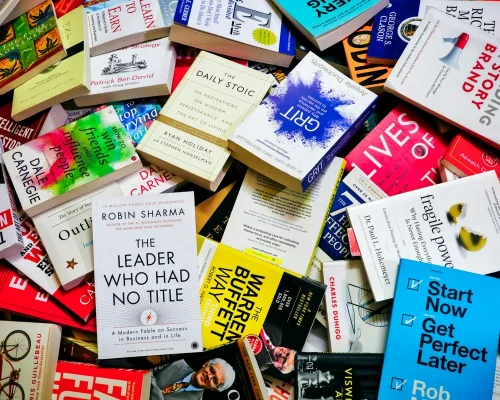Do you ever find yourself saying, “I have no time!” yet struggling to pinpoint why? The culprit often isn’t just external demands on your time, but also the things we subconsciously say “yes” to that fritter away precious hours. It’s time to harness the power of that simple word: NO. And this means saying “no” to people, obligations, and even activities that drain you instead of fueling you.
Why Saying No Is Hard
![]()
We get it. Saying “no” can be tough. Here’s why:
- People-Pleasing: It’s human nature to want to be liked and helpful. But constant “yeses” can lead to resentment and a feeling of having no control over your schedule.
- FOMO: Nobody wants to miss out on something fun or potentially beneficial. But saying “yes” out of fear fuels anxiety, not productivity.
- Distraction Addiction: Scrolling social media, binge-watching just one more episode… these time-sucks offer a quick dopamine hit, giving the illusion of relaxation while secretly sabotaging our goals.
The Dangers of Overcommitment
While the initial “yes” feels good, chronic overcommitment comes at a high price:
- Decreased Productivity: Imagine trying to focus on five tasks at once. Multitasking is a myth – what we’re really doing is switching rapidly between tasks, hurting our efficiency and quality of work.
- Burnout: Saying “yes” to everything eventually leads to exhaustion, stress, and resentment. Burnout doesn’t just hurt your output, it harms your well-being and is a recipe for productivity disaster.
- Strained Relationships: Overcommitment makes us unreliable, which can damage friendships, work relationships, and even family bonds.
- Chronic Stress: Never feeling like you have enough time is incredibly stressful, affecting not just productivity but also mental and physical health.
- Lost Opportunities: Ironically, overscheduling means missing out on the truly important things because we’re too thinly spread. This could be quality time with loved ones or space to pursue a passion project.
Saying No Protects What Matters

Think of your time and energy like a jar. You only have so much space. Every time you say “yes” to something, you’re filling that jar. Saying “no” is about carefully choosing what deserves a place in your jar, and protecting those priorities fiercely. By saying “no” more often, you curate the activities and commitments that deserve your investment. Here’s how to practice saying “no” without the guilt:
- Be Direct and Kind: “I appreciate you thinking of me, but I can’t commit to that right now” is usually all you need. No lengthy explanations necessary.
- Offer an Alternative (optional): If you’d like to be helpful, suggest another way to support the person or another time when you might be available.
- Skip the Apologies: A simple “sorry” is fine, but over-apologizing weakens your stance. Remember, you have a right to say “no.”
- Start Small: Gain confidence by saying “no” to smaller requests, like the invite to a virtual event you weren’t excited about anyway.
Saying “No” to Time-Wasters: A True Challenge
Sometimes, the hardest “no” is the one you direct towards yourself. I get it! Netflix binges can feel restorative after a long day. But let’s be honest, sometimes they turn into evenings lost and the next morning feeling groggy instead of recharged.
Here’s where self-awareness is key. Notice when an activity meant to be relaxing turns into procrastination or mind-numbing escapism. Instead, could you use a chunk of that time for something truly fulfilling? Maybe learning a new skill, connecting with a loved one, or working on your side hustle?
Call to Action
Is overcommitment zapping your productivity and joy? Share your struggles in the comments below! And here’s your challenge: Over the next week, practice saying “no” to at least one person or one time-wasting activity. Notice how it feels. You might be surprised how powerful that simple word becomes!
Want to learn about other productivity killers and how to handle them? Check out the linked post.


3 thoughts on “Stop Overcommitting: Why Saying No is Essential for Productivity (and Sanity)”
Thank you for this. Saying no to over commitment is a big deal
Thank you for this, I’ve learnt how to say “No” without the guilt because, I feel unfulfilling sometimes when I say No.
Glad you found it useful